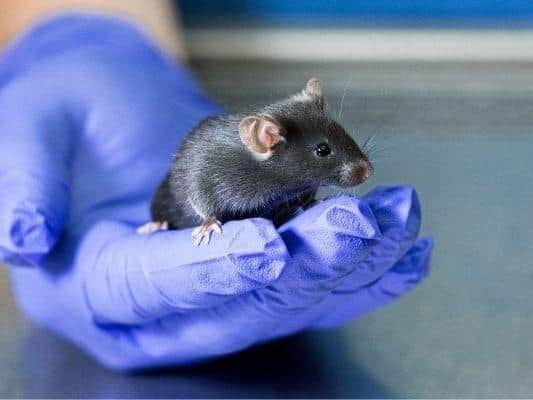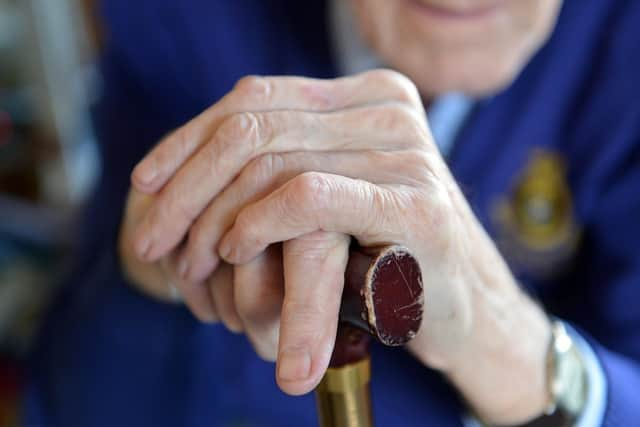University of Leeds scientists reverse memory loss in mice and identify drug which could do the same for humans
The team of scientists from the Universities of Leeds and Cambridge has now published a paper on the groundbreaking study, identifying reasons for why humans can lose parts of their memories as they get older, while showing that it may not necessarily be a permanent change.
Their research, published in Molecular Psychiatry, claims that perineuronal nets(PNNs) in the brain - cartilage-like structures which surround brain cells like 'scaffolding' - can change with age, leading to deterioration in memory.
Advertisement
Hide AdAdvertisement
Hide AdPNNs appear at around five years old in humans, and contain compounds known as chondroitin sulphates - some of which promote our ability to learn and form new memories.


But scientists in the team said that as we age, the balance of these compounds changes which can lead to memories declining.
Researchers at Leeds and Cambridge carried out a series of tests on mice aged 20 months - considered elderly - which exhbitied signs of pre-exisiting memory loss.
The mice were treated using a ‘viral vector’, a virus capable of reconstituting the amount of chondroitin sulphates which promote the formation of memory - finding this restored the creatures’ memories to a level similar to that seen in younger mice.
Advertisement
Hide AdAdvertisement
Hide AdDr Jessica Kwok, from the School of Biomedical Sciences at the University of Leeds, called the findings “remarkable”.


“The memory and ability to learn were restored to levels they would not have seen since they were much younger,” she said.
The team have already identified a potential drug, licensed for human use, that can be taken by mouth and inhibits the formation of PNNs, and research is underway into whether this could alleviate memory loss for sufferers of degenerative conditions such as Alzheimers disease and dementia.
Professor James Fawcett, from the John van Geest Centre for Brain Repair at the University of Cambridge, said although our study was only in mice, the same mechanism should operate in humans.
Advertisement
Hide AdAdvertisement
Hide Ad“The molecules and structures in the human brain are the same as those in rodents,” he said.


“This suggests that it may be possible to prevent humans from developing memory loss in old age.”
The study was funded by Alzheimer’s Research UK, the Medical Research Council, European Research Council and the Czech Science Foundation.